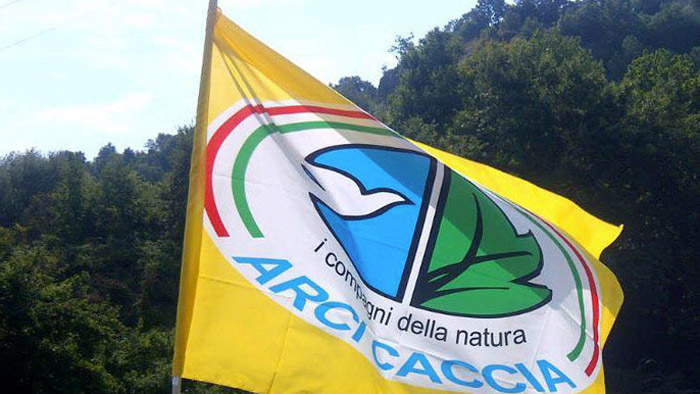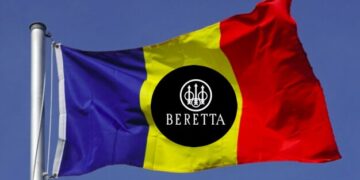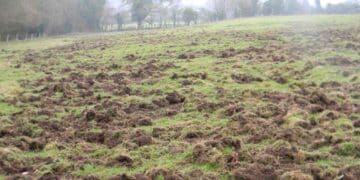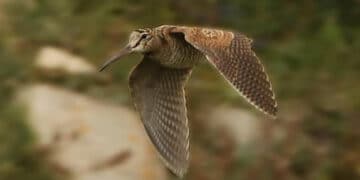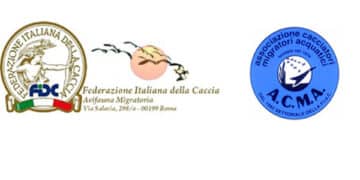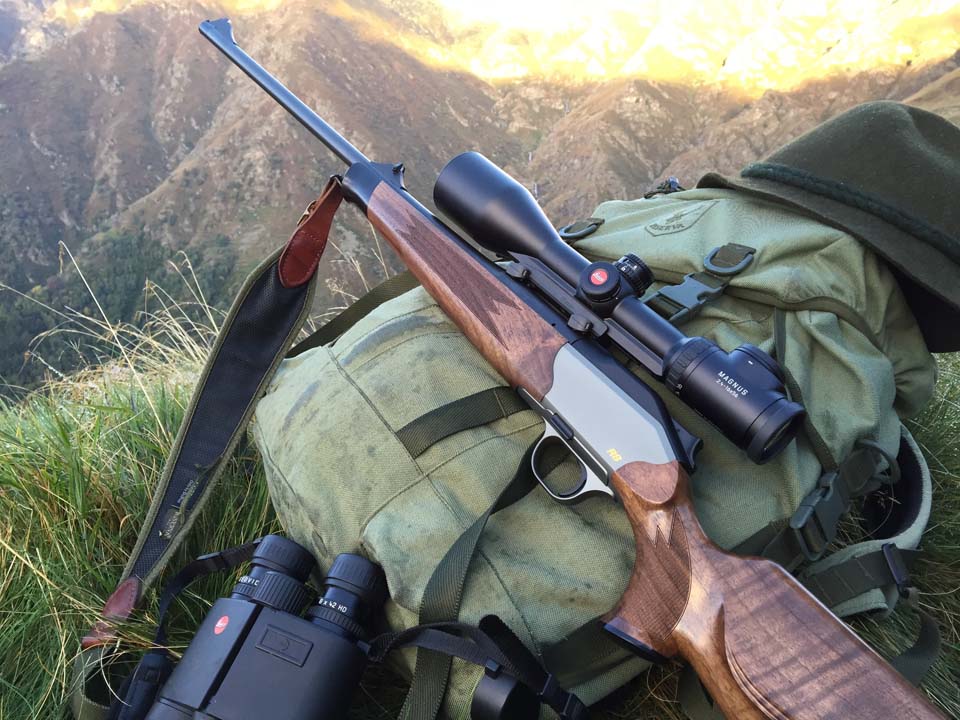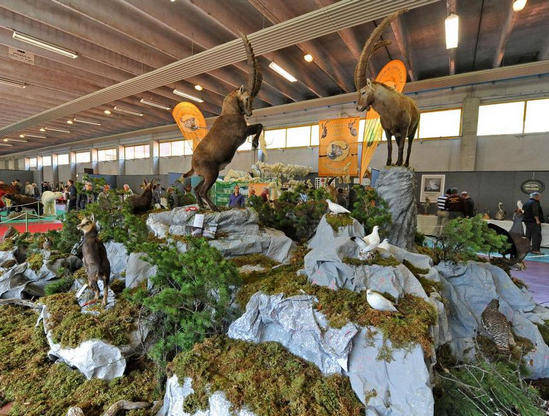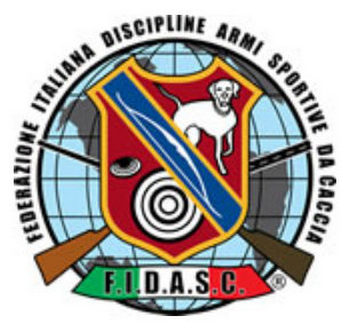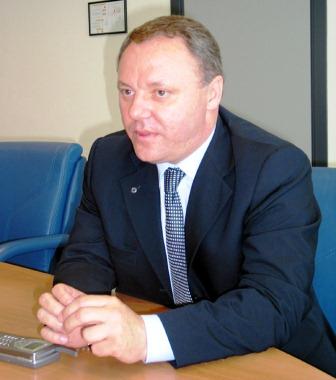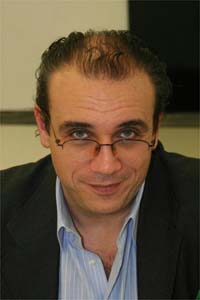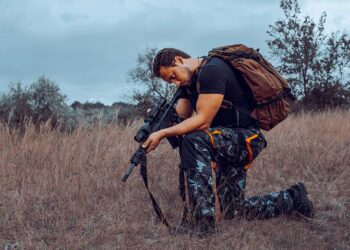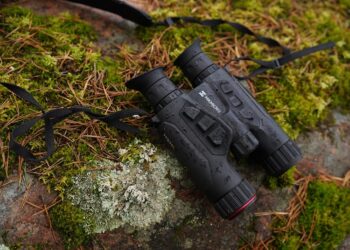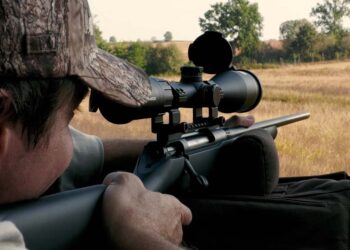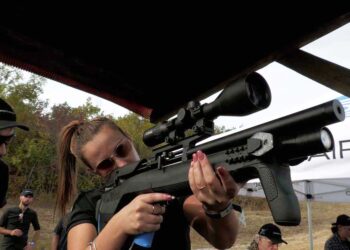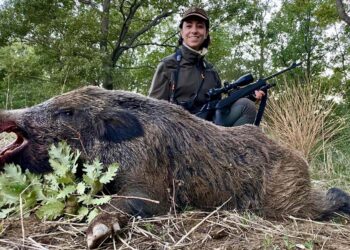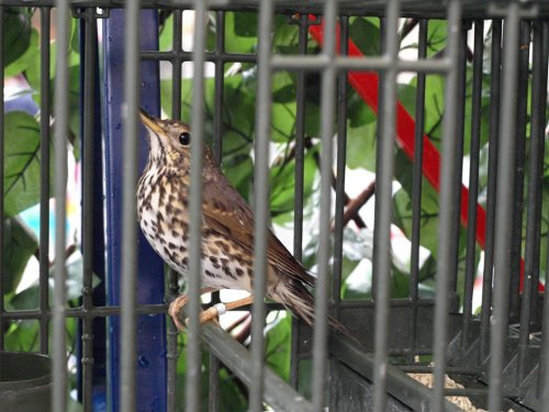
The intervention of the MEP Giancarlo Scottà, Lega Nord, in defense of hunters and hunting associations during the discussion on the proposal for a regulation on animal health, held in the European Parliament last Monday, April 14, "is enough to undermine the activity hunting ". Within the provision relating to the prevention and control of animal diseases, which are transmissible between animals or from animals to humans, in fact, the group of the Greens had presented an amendment that provided for the prohibition of the capture of wild birds for hunting purposes. The same amendment had been proposed by the Hon. Zanoni, approved by the Environment Commission, but rejected by the Agriculture Commission thanks to the action taken by Scottà. “Prevention can be seen as the key word for effective management of animal diseases”, Scottà began, “however, it is not always enough to prevent the manifestation of some diseases, especially in the wild animal sector. Their movements and their interactions follow the rules of nature and therefore cannot be controlled ”, continued Scottà. “It is in this context that monitoring measures play an essential role. And it is here that I would like to emphasize the positive role of hunters and their hunting associations. The figure of the hunter represents, in fact, one of the most immediate sentinels of alarm we have on the territory and, above all, at no cost to the community ".
A clear stance and a strong message to the entire anti-hunting front, most of the time driven by propaganda reasons alone but with little scientific basis. “Hunters are often the first to come across infected wild animals, immediately reported to the competent authorities who in turn activate the required obligations”, underlines Scottà, the only Italian who intervened to defend our hunters. “Their knowledge is proven by a series of meticulous courses and exams that must also be passed in terms of animal health. Knowledge is then added to experience, passed on from generation to generation ”.
Finally, the MEP dedicates a passage to decoy birds: “it is misleading to say that live calls for hunting purposes should be prohibited because they would constitute a vehicle for diseases that cannot be monitored. On the contrary, the use of decoy could actually be a valuable tool for monitoring the health of wild birds, as happened during the avian flu epidemic. To listen to the speech of the Hon. Scottà, in addition to MEP colleagues present in the classroom, there was also the European Commissioner for Health and Consumer Policy, the Maltese Tonio Borg, who noted the suggestions made by Scottà.
Phrases, those of the Hon. Scottà, which evidently were accepted by the European Parliament which the following day rejected once and for all the amendment against live calls advanced by the Greens and approved a legislative passage in which the positive role played by hunters in monitoring diseases is recognized. , thanks to their experience and knowledge of the diseases that affect wild animals. Practically what was requested by Scottà.
“Finally a satisfaction for our hunters” - is Scottà's first comment on the sidelines of the vote. “We hope that such awards will follow up on others. There have been too many attacks and obstacles that the hunting world has suffered in recent years. The time has come to go beyond banal prohibitionist slogans and to act on a scientific basis, establishing what can be defined as intelligent collaboration ”.
16 April 2014




